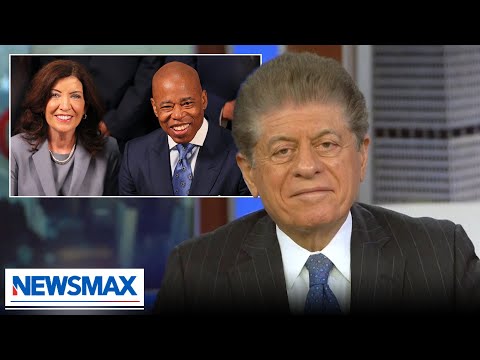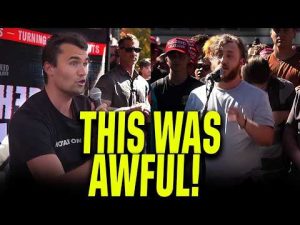In the fast-paced world of New York politics, drama seems to be the one constant. Lately, all eyes have been on Governor Hochul and Mayor Eric Adams, as the stakes have reached a new level of tension. Rumors swirl about a situation that could shake the very foundations of the city’s leadership. There could be a chance that Mayor Adams could be unseated — not through a traditional election, but rather through a process that seems borrowed directly from a courtroom drama.
The New York State Constitution is surprisingly direct when it comes to the accountability of public officials. It states that if a public official is credibly charged with a crime, such as bribery or corruption, the mayor may be removed from office, even without a conviction. What’s more, the rules outlined in the New York City Charter echo this statement, creating a legal framework that could empower Governor Hochul to take serious action against the mayor. The process, however, bears a strange resemblance to a legal trial where Hochul could act as both judge and prosecutor.
Hochul must first conduct a public hearing, stepping into the unique role of the interrogator. This isn’t your usual court where everyone plays by the expected rules of law. In this setting, she must present the allegations against Adams and then listen as he defends himself, presumably with the help of his legal team. The unusual part is that Hochul doesn’t need to find him guilty beyond a reasonable doubt; rather, she just needs to feel that the environment, filled with these serious allegations, suggests he can no longer govern effectively. Talk about a weighty decision!
Interestingly, the pressure on Mayor Adams has intensified with news from federal authorities. They are reportedly pursuing the option of dropping charges against him—not because they think he’s in the clear, but due to timing issues related to important national matters. This raises questions about whether such a dismissal can be seen as sufficient evidence of his innocence when Hochul evaluates his fitness to govern. The feds still view the bribery case against Adams as strong, but that might be just their standard bragging rights. After all, who doesn’t want to sound tough on crime?
Let’s also remember the political climate is volatile, with four senior deputy mayors already resigning. Adams’ leadership seems to be hanging by a thread, and everyone is beginning to wonder: Can he effectively run one of the largest cities in America with this cloud looming over him? If Hochul finds the situation untenable, she could make the decision to remove him, and we could witness a major shake-up in the city’s hierarchy.
As a cherry on top, the courtroom drama doesn’t stop there. There’s also a federal judge who has become a wild card in the political game of outcomes. She has been mulling over whether to block some ambitious maneuvers by governmental officials in New York, which may involve significant changes to federal systems. Though she hasn’t issued her final ruling yet, there’s a buzz in the air about what the outcome might mean for both federal employees and overall governance in the city. All in all, it truly is a fascinating time in New York politics, with plenty of drama to keep everyone entertained and on the edge of their seats!



